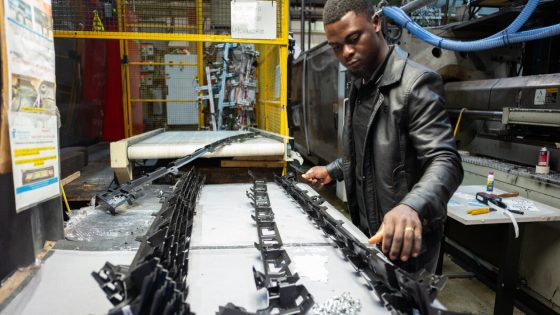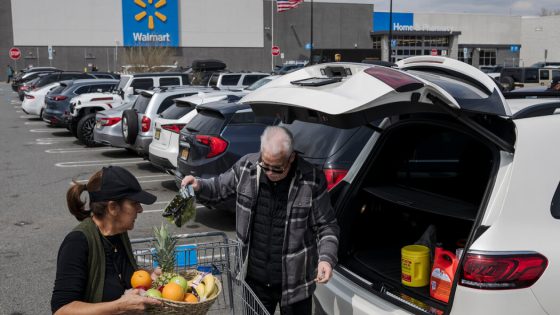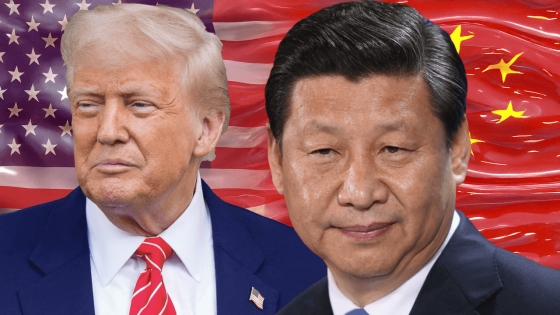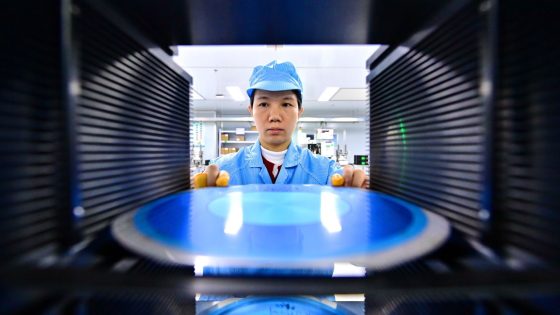The ongoing tariff war initiated by President Trump has sent shockwaves through the global auto industry, particularly affecting cities like Windsor, Ontario. As the auto-making capital of Canada, Windsor faces significant challenges, especially among its smaller auto-parts manufacturers. With about 9,000 workers employed in roughly 100 smaller plants, the stakes are high for the local economy.
- Windsor's economy relies on auto-parts makers.
- Tariff war raises anxiety in Windsor.
- Smaller auto-parts plants face significant risks.
- 9,000 workers employed in local parts plants.
- KB Components has significant layoffs currently.
- Local parts makers supply major automotive brands.
Union officials Pauline Ridley and Colleen Barrette emphasize the dire situation, stating that without these auto-parts makers, Windsor would resemble “a ghost town.” The impact of the 25 percent tariffs on imported autos and parts has left many small businesses vulnerable, unlike larger auto manufacturers that can absorb some of the financial strain. As of 2025-05-19 17:13:00, about 100 employees at KB Components are laid off, highlighting the immediate repercussions of these tariffs.
This situation raises critical questions about the future of local economies reliant on manufacturing. Will smaller auto-parts manufacturers survive the financial strain, or will larger companies dominate the market? The global auto industry must consider the following perspectives:
- Smaller manufacturers may face bankruptcy, impacting local economies worldwide.
- Tariffs could lead to increased vehicle prices, affecting consumers globally.
- Supply chain disruptions may prompt manufacturers to reconsider their sourcing strategies.
- Job losses in one region can ripple through global markets, affecting trade dynamics.
As the situation unfolds, stakeholders worldwide must remain vigilant and consider strategies to mitigate the impact of tariffs on the auto industry. Collaboration and innovation will be key to navigating these turbulent waters.

































